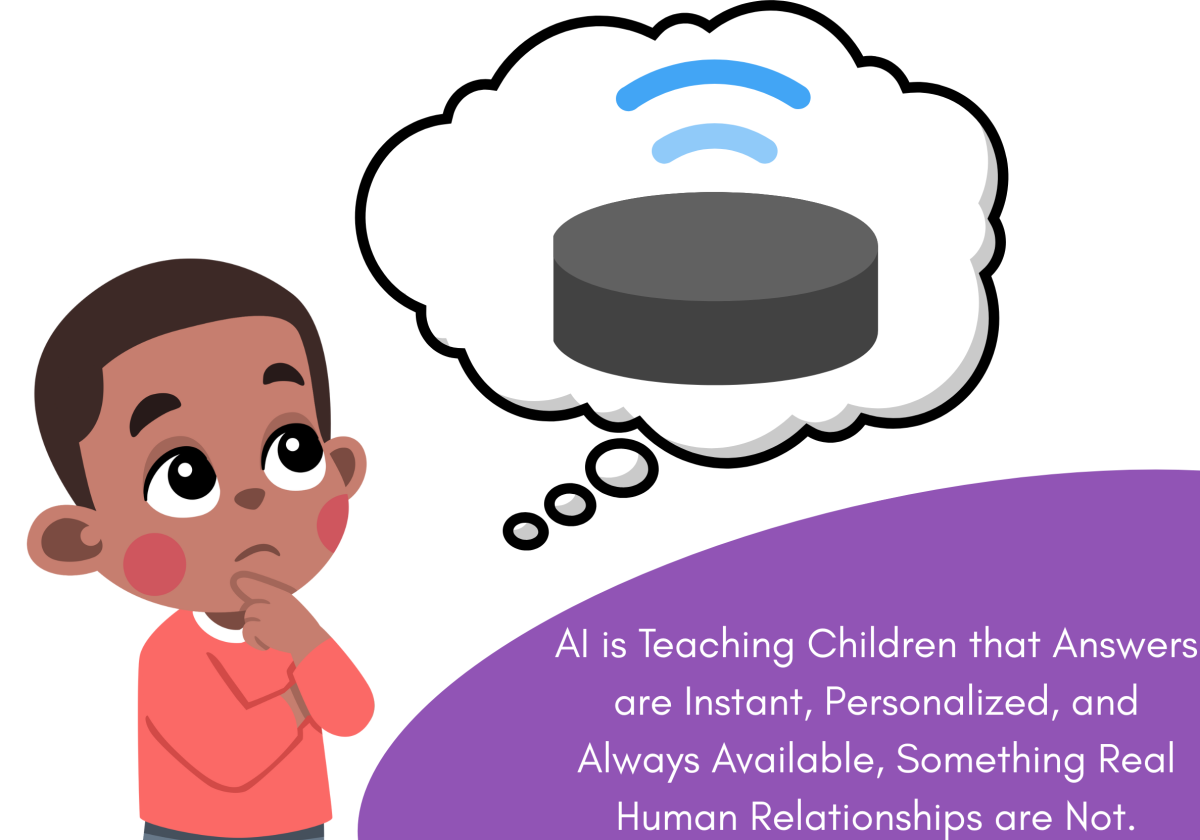By Jermaine Magethe
“Alexa, do you love me?”
My 6-year-old brother asked this question without an ounce of irony, just pure, childlike innocence. And the machine replied.
It was at that moment that a profound shift came into view. Generation Alpha is the first generation that will be growing up with artificial intelligence natively integrated into their lives; relationships might not begin with people, but with code.
AI is no longer a distant concept confined to Silicon Valley boardrooms and tech labs. It lives in our homes, in our phones, and increasingly, in our heads. AI is subtly and sometimes profoundly changing the way we engage with each other, from optimizing rituals to fulfilling emotional desires. But this change is generational.
Baby Boomers and Gen X, once wary of digital technology, are now adopting AI quietly. For Gen X, AI is a handy tool that manages reminders, does the productivity boost, and makes life easy. For some Boomers, though, AI has become a replacement for absent companionship. From depending on Alexa for a quick conversation to using ChatGPT for fighting off the pangs of loneliness, machines are beginning to fill the gap left by humans.
Gen Z, on the other hand, sees AI not just as a tool but as a companion. They use ChatGPT as emotional support, visit Snapchat’s “My AI” for life guidance, and even use AI-generated content to make their dating profiles more appealing. For this generation, the line between support and dependency is blurring. More troubling, there are Gen Zs who report feeling more understood by AI than by humans.
And finally, Generation Alpha those born since 2013. Unlike the others, they’re not adapting to AI; they’re being shaped by it. These kids interact with AI-powered toys, tutors, and virtual assistants from their earliest years. Alexa and Siri aren’t tools, they’re “friends.” These systems don’t just listen; they respond, learn, and even remember. Whether it’s one-on-one tutoring through Khanmigo or gamified learning on Duolingo Max, children are receiving customized attention that the physical world of learning often can’t match.
What is the cost of such hyper-personal connection?
With AI playing a larger role in childhood, the experts are raising red flags. UNESCO, and psychologists like Dr. Sandra Calvert, caution that early and open exposure to AI can have lifelong consequences.
Emotional Development: The more hours children spend with machines and fewer hours with other kids, the more they may miss out on essential emotional learning—like developing empathy, resolving conflict, or picking up social cues.
Imagination: Storytelling, a child’s gateway to creativity, is now being outsourced to AI-driven stories, and as a result, original and imaginative thinking is diminishing.
Dependency: Common Sense Media reported in a 2024 study that 48% of kids aged 6 to 11 use AI chat tools on a weekly basis. Alarmingly, many say they feel lonely without them.
Privacy: Kids interacting with AI-powered systems leave giant data footprints—personal information that can be used to build comprehensive profiles before they’re even old enough to understand the implications.
As Dr. Sandra Calvert, child psychologist and professor at Georgetown University, puts it:
“AI is teaching kids that answers are instant, personalized, and always available, something real human relationships are not.”
Artificial intelligence holds great promise especially in education, creativity, and accessibility. But when machines are playmates, tutors, and confidants, we must tread with caution. Generation Alpha is entitled to tools that enhance development, not replace essential human bonds.
Because when your first best friend is a chatbot, we are faced by the chilling question:
What kind of world are we raising them to be a part of?

